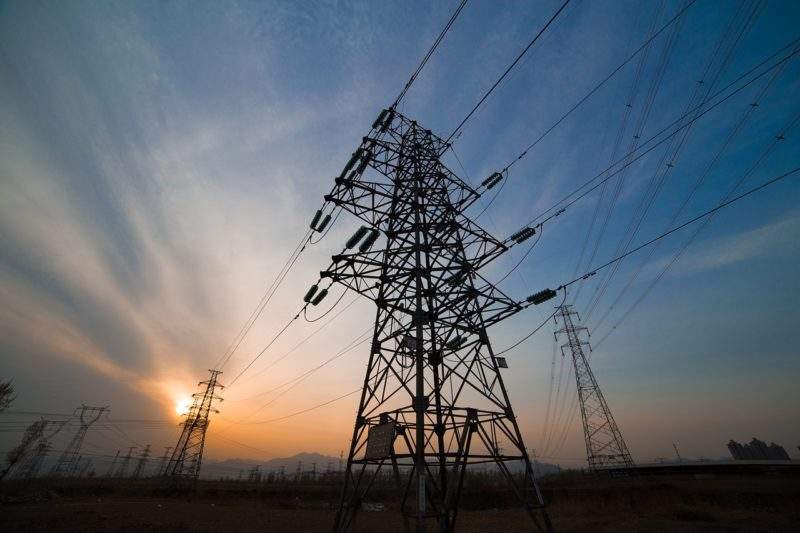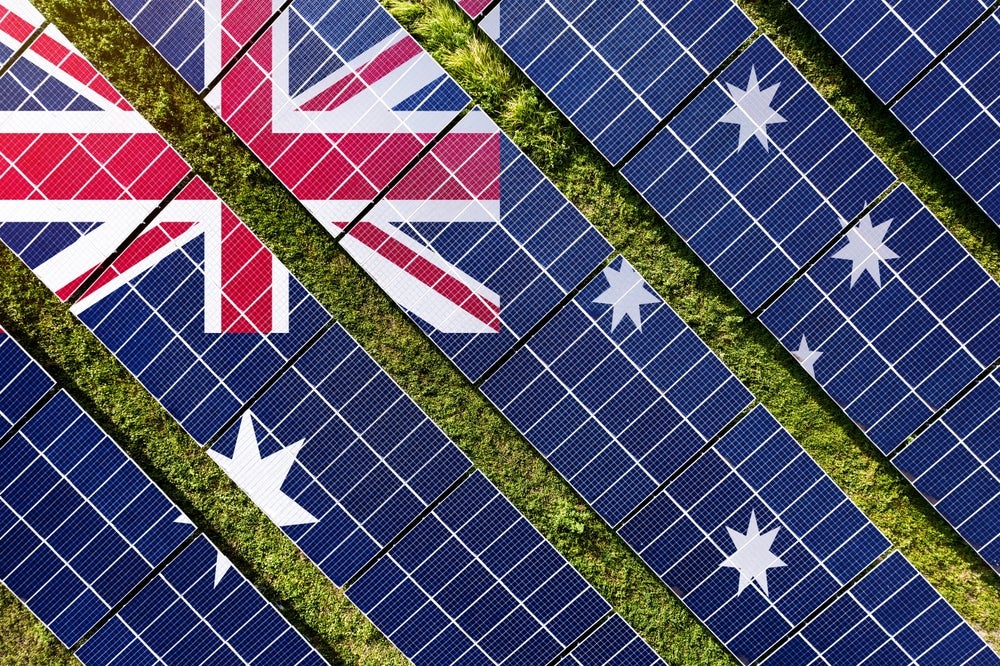Energy prices have been a hot topic of conversation in the UK ever since privatisation took off in earnest during the 1980s. Accusations of a cartel complicit in price fixing have been thrown around with abandon and many UK consumers have long complained about being ‘ripped off’. Feeling the pressure, the UK government has, in a very clear sign of muddled thinking, announced a proposal to cap prices.
On the face it, capping prices sounds good. It paints a picture of a government interested in what is good for the people – lower prices for an essential service. It chimes with what voters have long been asking for, hardly surprising given that the latest ONS data (from 2015) estimates that 11% of households are in fuel poverty, an increase of 0.4% since 2014. The government has seen that there is a problem and that something must be done. Or has it?
A halfway house solution
The proposed cap shows muddled thinking as it represents a halfway house solution between regulated prices and genuine competition, the two basic ways of operating an energy market. In recent years, both the Conservatives and Labour have both advocated and denounced price caps, so the confused thinking is perhaps not a surprise.
As a privatised industry, energy in the UK should follow the competition model. Companies should compete on price and service quality to win custom from one another, but for this to happen effectively, price differentials must be big enough to incentivise switching. This is not the case as much as it should be in Britain, which is what has led to accusations of price fixing, but price caps will only exacerbate the problem. Companies’ ability to compete with one another will be severely diminished as they will have to operate within government-defined parameters.
The risk is that this will create the illusion among consumers that because prices are capped, their tariff represents a good deal and this will only serve to disincentivise switching. In some cases, their tariff will still not be a good deal.
The government must decide whether the answer to energy price problems and fuel poverty is competition or regulated prices. If it is the former, it should do away with the idea of price caps and encourage proper price competition. This will result in some people paying more for their energy than others but that is the nature of a free market. If the government wants to stop people being ‘ripped off’, it can introduce fully regulated prices so people pay the same, thus eliminating competition.
How well do you really know your competitors?
Access the most comprehensive Company Profiles on the market, powered by GlobalData. Save hours of research. Gain competitive edge.

Thank you!
Your download email will arrive shortly
Not ready to buy yet? Download a free sample
We are confident about the unique quality of our Company Profiles. However, we want you to make the most beneficial decision for your business, so we offer a free sample that you can download by submitting the below form
By GlobalDataThe proposed caps do neither and are a clear sign of muddled thinking aimed at appeasing voters, some of whom may not even end up better off. A rethink is needed.








